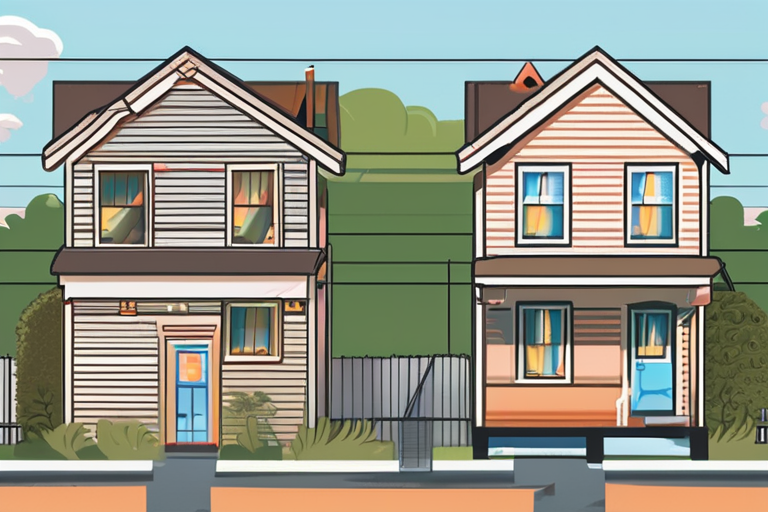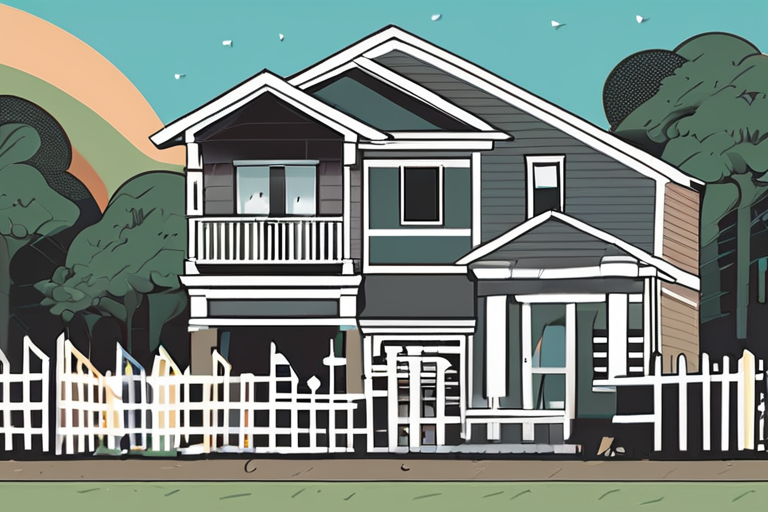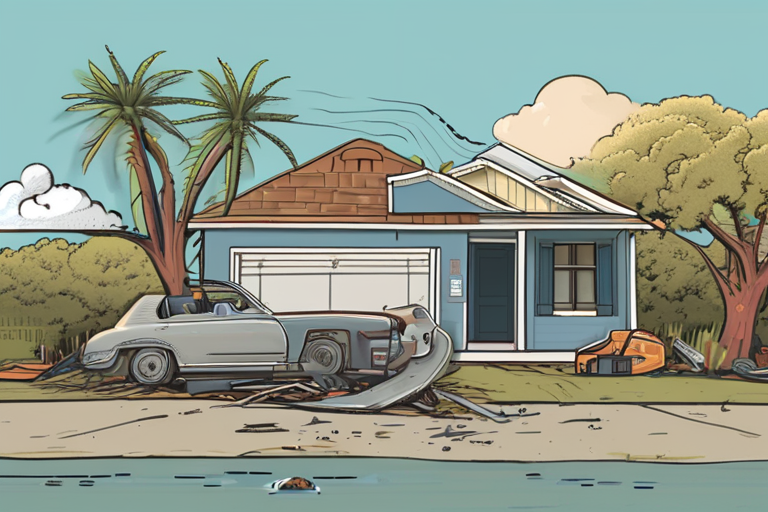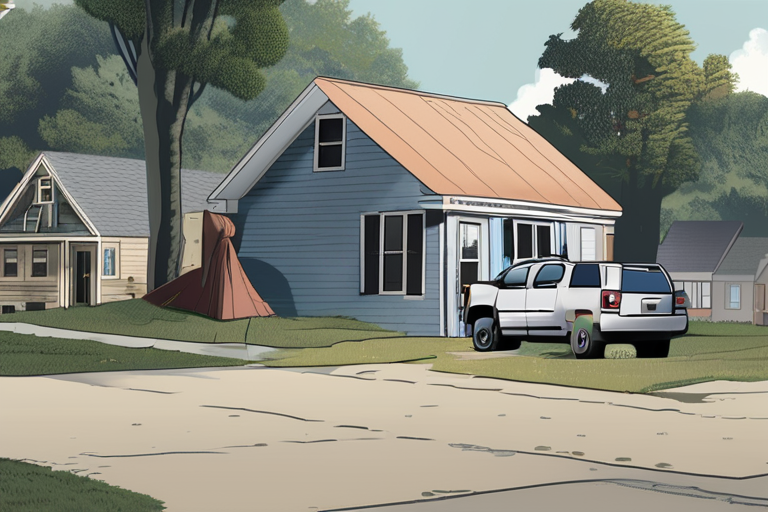Arduous and Unequal: The Fight to Get FEMA Housing Assistance After Helene
In the aftermath of Hurricane Helene, thousands of North Carolinians turned to the Federal Emergency Management Agency (FEMA) for housing assistance. However, an analysis by ProPublica and The Assembly reveals that the process has been marred by unequal treatment, with wealthier households receiving significantly more aid than lower-income ones.
According to data obtained through a public records request, in some of the hardest-hit rural counties, homeowners with higher incomes received two to three times as much FEMA housing assistance as those with lower incomes. This disparity raises questions about the fairness and effectiveness of the disaster relief system.
"We were shocked when we saw how little aid our neighbors were receiving," said Susie Hill, a resident of Robeson County who lost her home in the hurricane. "It's not just about the money; it's about the principle that everyone should be treated equally."
The analysis found that in Robeson and Scotland counties, which were among the most severely affected by Helene, the median household income for those receiving FEMA housing assistance was significantly higher than the overall county median income. In contrast, lower-income households struggled to access aid.
"FEMA's system is designed to prioritize those with greater need," said Brian Hill, Susie's husband and a local advocate. "But in practice, it seems that wealthier households are getting more attention and more resources."
The disparity in FEMA assistance has been attributed, in part, to the agency's reliance on outdated data and inadequate staffing. Under the Trump administration, FEMA lost hundreds of workers, which has further exacerbated the problem.
"FEMA is struggling to keep up with demand," said a former FEMA employee who wished to remain anonymous. "They're relying on contractors and volunteers to fill the gap, but it's not enough."
The analysis also highlights concerns about the long-term impact of unequal disaster relief. When lower-income households are unable to access aid, they may be forced to rely on high-interest loans or other forms of debt to rebuild their lives.
"This is not just a short-term problem; it's a long-term issue that will have lasting effects on our communities," said Dr. Emily Chen, a disaster resilience expert at the University of North Carolina. "We need to rethink our approach to disaster relief and ensure that everyone has access to equal support."
As the recovery from Hurricane Helene continues, advocates are calling for reforms to FEMA's housing assistance program. They argue that the agency must prioritize transparency, accountability, and equity in its decision-making process.
"FEMA needs to do better," said Susie Hill. "We need a system that treats everyone equally, regardless of income or zip code."
In response to the analysis, FEMA officials have promised to review their procedures and improve communication with affected communities. However, many residents remain skeptical about the agency's ability to address the systemic issues at play.
"We've been waiting for answers for months," said Brian Hill. "We hope that FEMA will finally take action to ensure that everyone receives equal treatment."
Background:
Hurricane Helene made landfall in North Carolina on September 25, 2024, causing widespread destruction and displacement. The storm affected over 10,000 households, with many losing their homes entirely.
Additional Perspectives:
"FEMA's housing assistance program is a critical lifeline for those affected by disasters," said a FEMA spokesperson. "We are committed to ensuring that everyone receives equal support."
"The analysis highlights the need for greater transparency and accountability in disaster relief," said Dr. Chen. "We must prioritize equity and fairness in our response to natural disasters."
Current Status:
FEMA officials have announced plans to review their procedures and improve communication with affected communities. However, many residents remain skeptical about the agency's ability to address the systemic issues at play.
Next Developments:
Advocates are calling for reforms to FEMA's housing assistance program, including greater transparency, accountability, and equity in decision-making. The analysis will continue to be updated as new information becomes available.
*Reporting by Propublica.*



 Hoppi
Hoppi

 Hoppi
Hoppi

 Hoppi
Hoppi

 Hoppi
Hoppi

 Hoppi
Hoppi

 Hoppi
Hoppi











